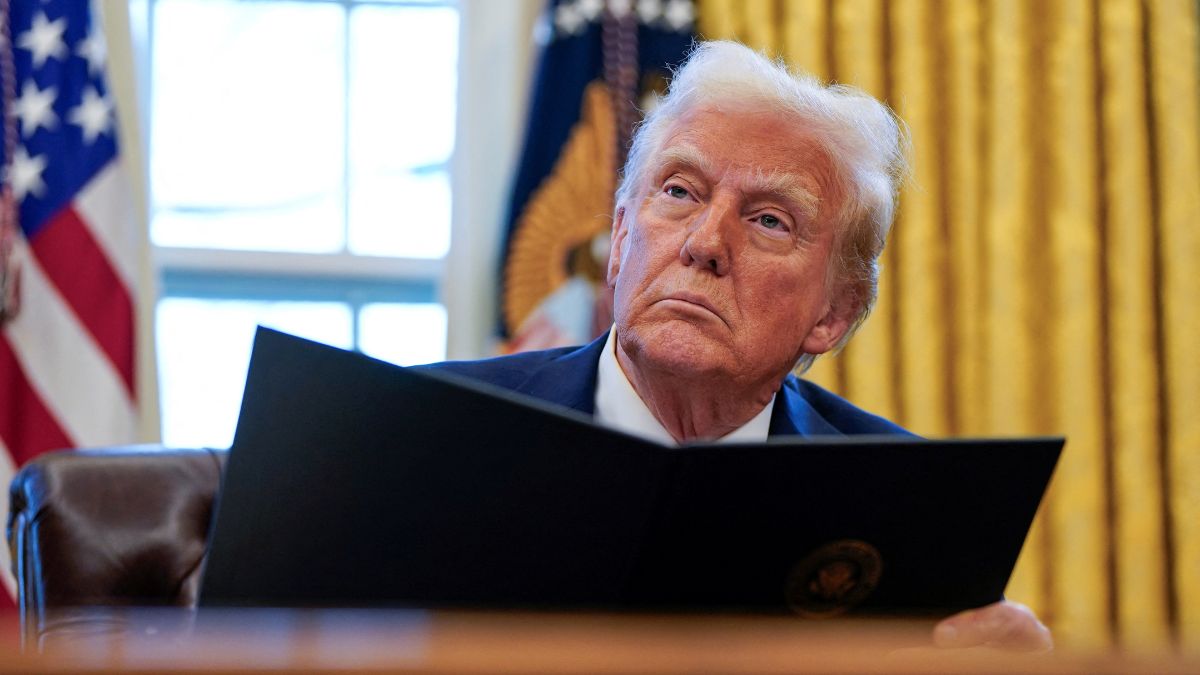President Donald Trump on Tuesday (February 4) stated that he was open to jailing convicted criminals, including US citizens, in El Salvador’s infamous “megaprison”.
“If we had the legal right to do it, I would do it in a heartbeat,” Trump said.
His comments were made after the president of the Central American nation, Nayib Bukele, expressed his willingness to imprison deportees in the Terrorism Confinement Center.
This facility is designed to accommodate 40,000 people but has raised concerns among human rights groups due to extreme overcrowding and reports of guards torturing inmates.
Legal hurdles
Legal experts suggest he likely lacks the right to proceed, and any effort to implement President Bukele’s plan would probably face legal challenges.
“It is illegal to send US prisoners to another country,” New York Times quoted Andrea Flores, vice president of immigration policy at the advocacy group FWD.us and a former National Security Council official, as saying.
She added that doing this would probably be in violation of the Constitution and the protection against cruel and unusual treatment.
Michael E. Shifter, a senior fellow at the Inter-American Dialogue research institute in Washington, was quoted as saying that “Bukele is a leader who has absolute power in El Salvador and it seems Trump seems to be moving in a similar direction in trying to reduce or eliminate any checks on his power.”
Trump and his aides consider El Salvador an important ally in immigration enforcement.
In 2019, El Salvador signed a “safe third country” agreement to accept non-Salvadorans who were detained in the United States. However, the implementation of this deal was postponed due to the coronavirus pandemic.
Impact Shorts
More ShortsDespite potential legal challenges, Trump’s immigration advisers are interested in expanding such agreements throughout the region, according to a source familiar with the situation, New York Times reported.
The symbolic value of these developments
Bukele’s proposal to effectively turn El Salvador into a penal colony for the United States demonstrates how far he is willing to go to position himself as Trump’s primary ally in a region that the American president has often criticised.
For Trump, even contemplating this proposal indicated his readiness to adopt extreme measures to project a tough stance on crime and illegal immigration.
However, the statistics do not align neatly with the image he wishes to convey. Homicides rose during his first term, but they declined under his successor, former President Joe Biden.
)